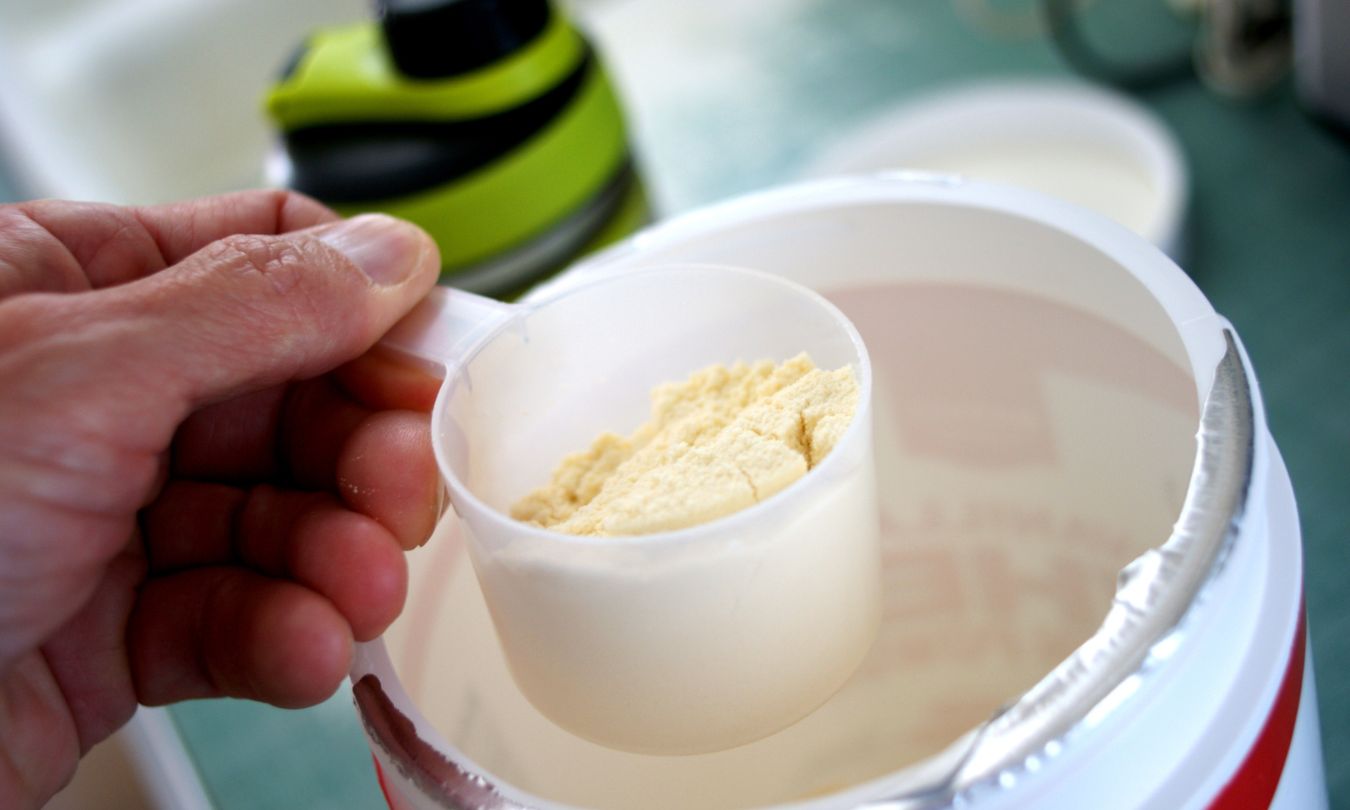While you need to follow a high-protein diet for optimal muscle growth, some people may find it difficult to hit their daily protein goals from whole foods alone. You may not have the time to make a proper meal if your schedule is packed, or you could be traveling and not have access to a grocery store. No matter the reason, protein powders have become trendy in the fitness world today, and I, as a trainer and workout enthusiast, find them to be quite convenient. However, is protein powder necessary for muscle growth?
With all the hype around these supplements, it’s normal to ask if you can achieve your goals for muscle growth without taking them. Also, if you decide to consume protein powders, what will you benefit from them, and how much should you take to see results? It’s time to dive in!
What are the benefits of taking protein powder?

The most significant benefit of protein powder is that it stimulates muscle growth and repair. Several studies support such benefits.
For example, a review from the British Journal of Sports Medicine confirmed that in just six weeks of taking protein supplements, weight-trained adults experienced an increase in muscle mass and strength. The results state that ‘’Dietary protein supplementation significantly enhanced changes in muscle strength and size during prolonged resistance training in healthy adults.’’
Protein powders are also great for muscle repair after exercise. When consumed, proteins break down into amino acids, which repair the micro-tears in your muscles. They also bulk you up to prepare your body for future exercises.
Further, protein powders are convenient even for people with busy schedules. You can just carry a pack with you anywhere, and it can help prevent muscle loss. This is especially true for people trying to lose weight without losing muscle and older adults who need to stay fit.
Is protein powder necessary for muscle growth?
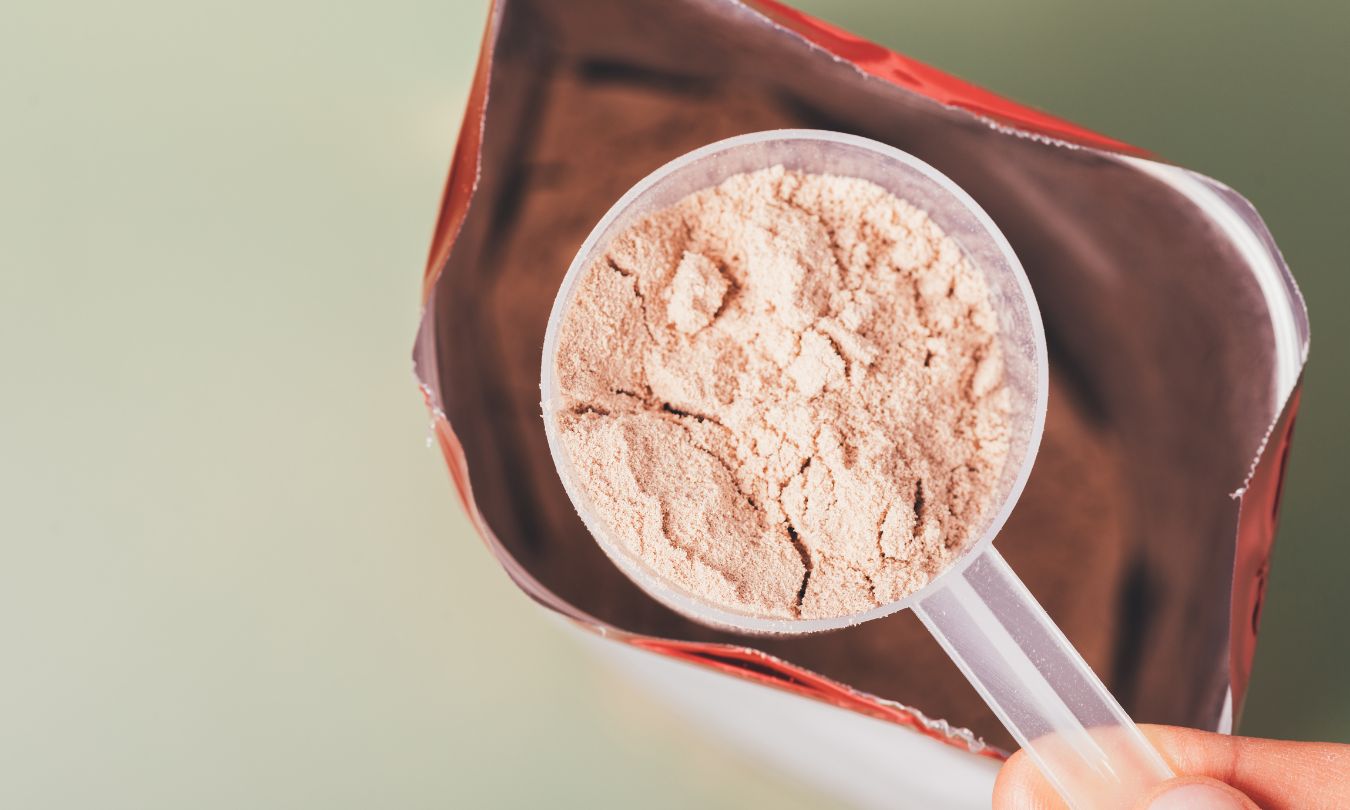
From the benefits explained above, you can tell that protein powders can go a long way in helping you build muscle. They are more convenient and make the whole process faster. However, they are not necessary because you can build muscle with other protein sources. But if you cannot meet your daily protein requirement with whole foods rich in protein, you can opt for protein powders to increase your protein intake. Either way, you do not want to use them as a replacement for all food sources of protein.
How much protein powder should you take for results?
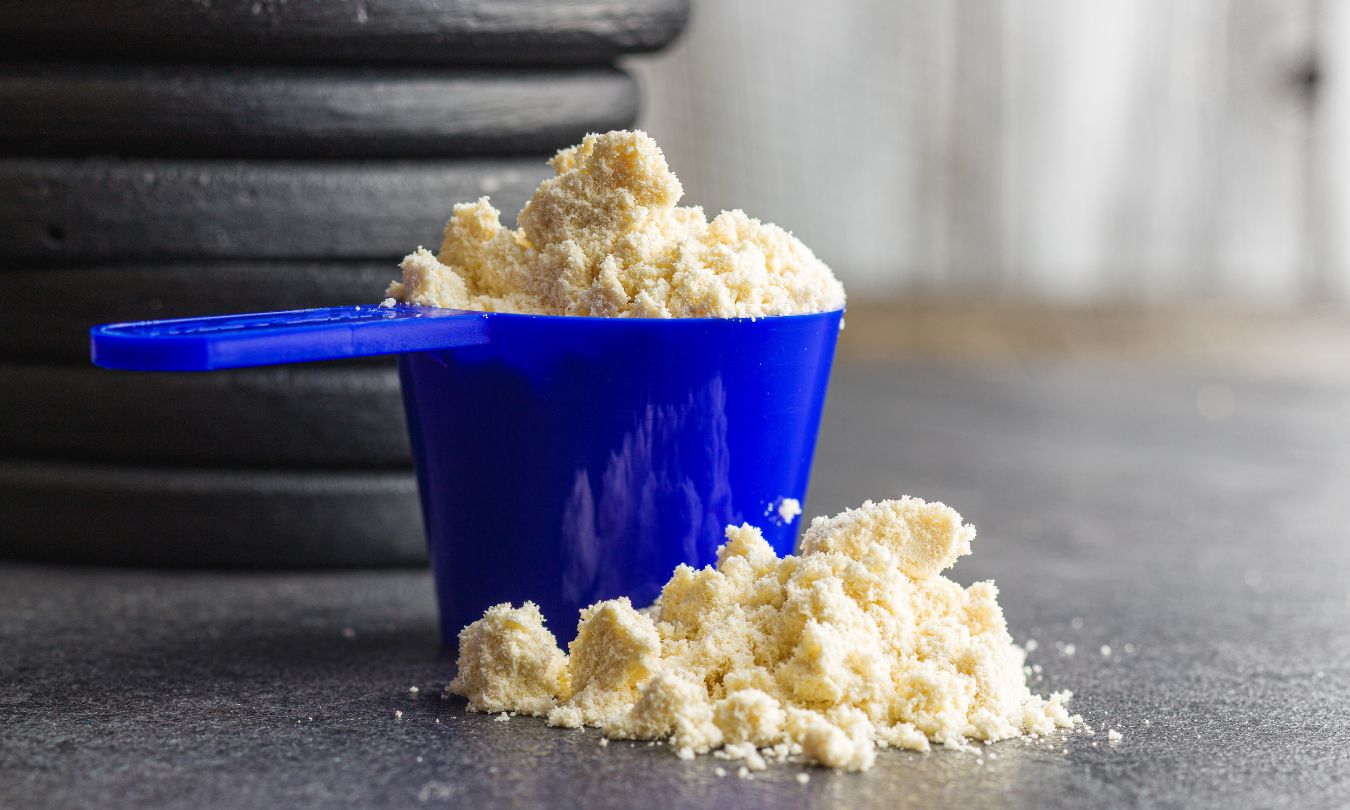
For athletes and bodybuilders, 1.2 to 2 grams of protein is recommended per kilogram of body weight every day. For older adults, 1 gram per kilogram of body weight is recommended because they are prone to muscle loss, slow absorption, and bone fractures.
However, if you do not fall into those two categories, you might want to consider following the general RDA of 0.8 grams per kilogram of body weight. That means if you weigh 60kg, you need 48 grams of protein daily. Mind you, these figures are the minimum requirement your body needs to maintain adequate nutrition. They can be increased based on age and activity level. Therefore, if you cannot meet these targets with your daily meals, supplement with protein powders as much as needed.
When is the optimal time to take protein powder?
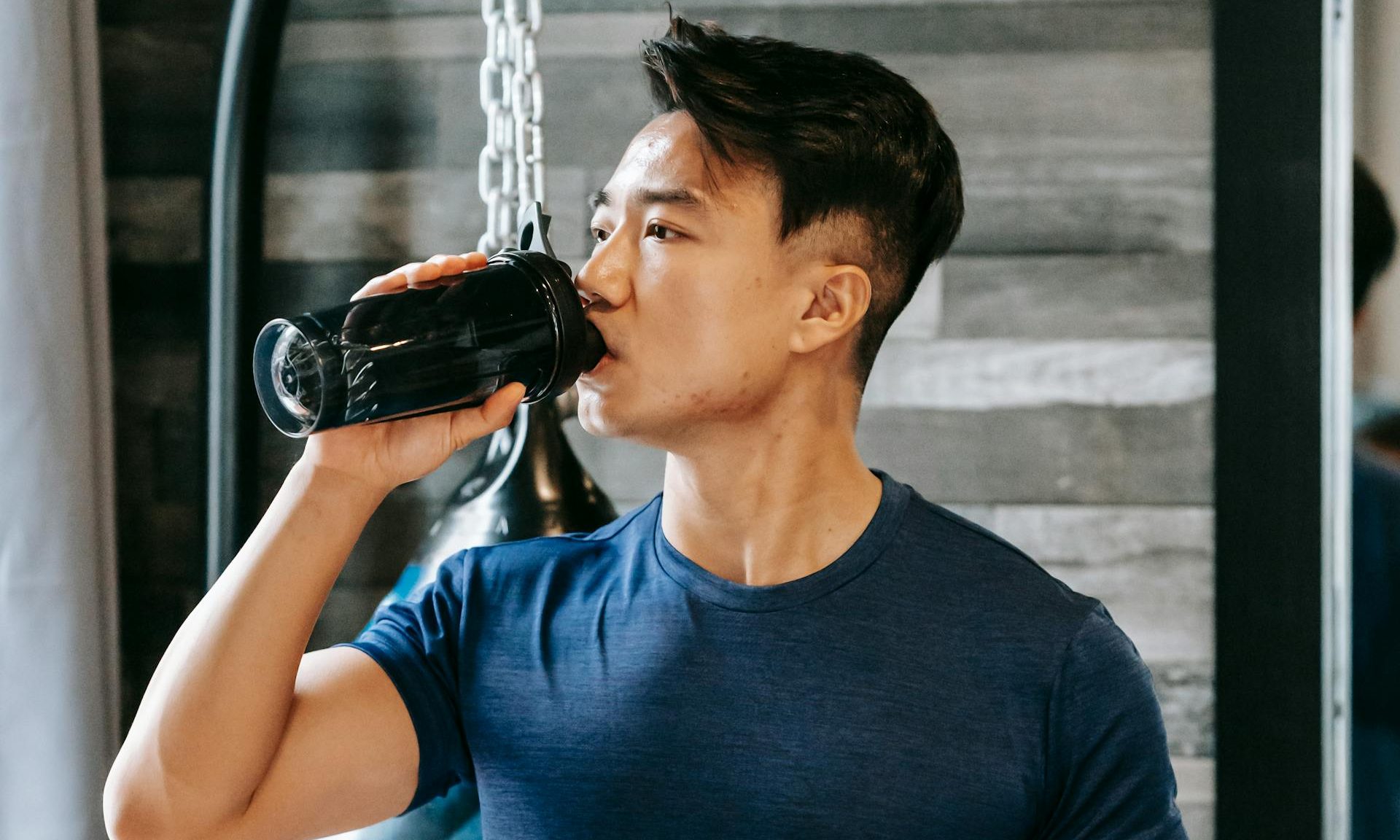
According to fitness enthusiasts, consuming protein supplements 20 to 60 minutes after a workout is more effective for repairing muscles and preparing your body for subsequent workouts. However, research doesn’t back this supposed “anabolic window” and suggests that it doesn’t matter when you take protein powder. You can take it before your workout or after; it will still give the same results.
Even if you take a protein supplement two hours after your workout, it is still ideal for building muscle mass. But if you want to lose weight, consuming protein powder between meals or before your first meal in the morning can help curb your appetite and increase your metabolism for weight loss. Essentially, you can time your protein powder intake if it would help you stay consistent, but it isn’t necessary for improving your muscle-gaining results.
Is protein powder or whole foods better for muscle growth?
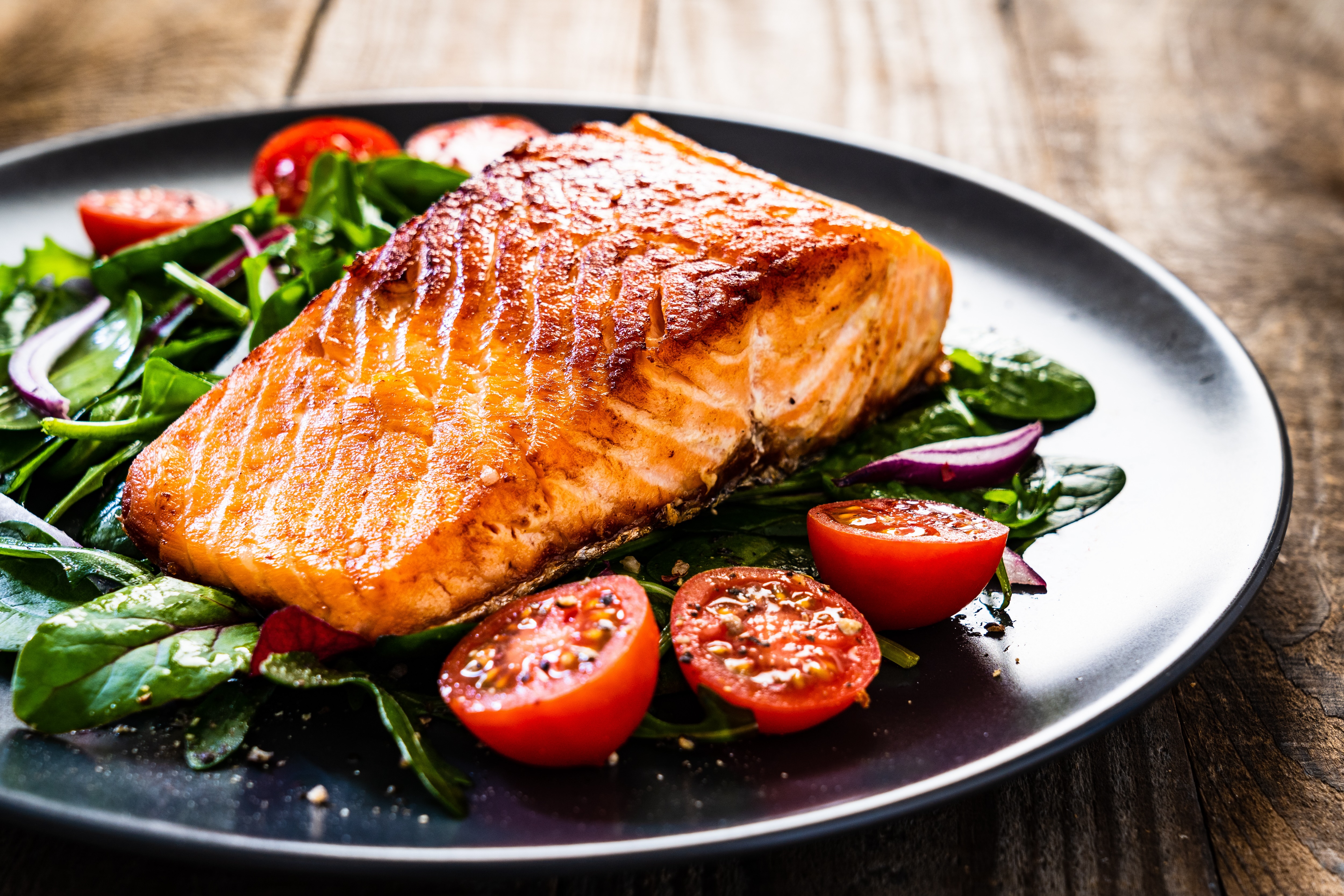
Protein powders do not just contain protein; they also have added sugars, thickeners, and artificial flavorings. So, whenever you consume them, you are taking these things as well. However, with whole foods, you will get a more diverse range of nutrients, and you can still meet your dietary requirements with just whole foods. So, whole foods are healthier and better for muscle growth. Protein powder should only be an option when you have difficulty reaching your daily requirements.
Frequently asked questions
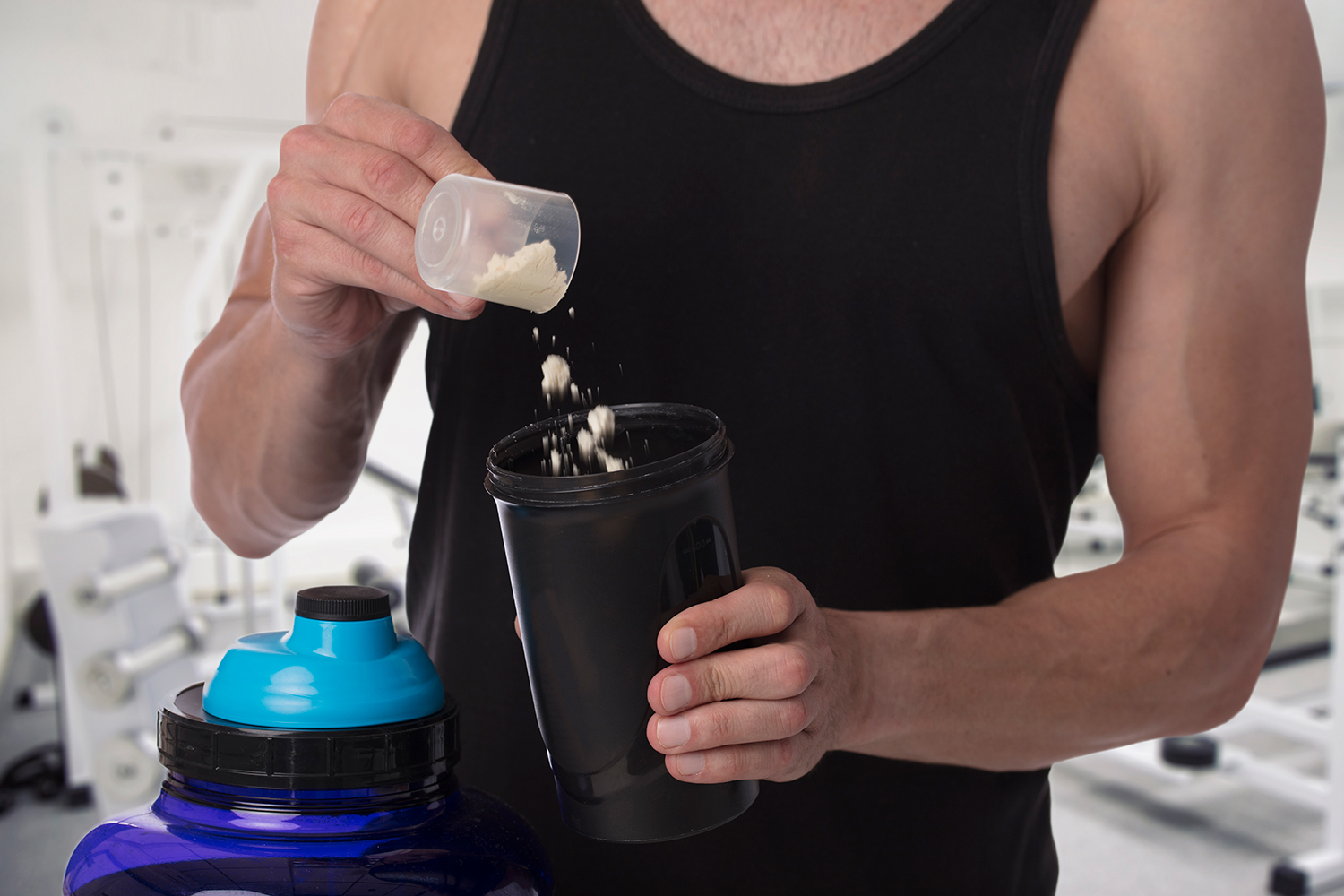
Is it okay if I don’t take protein powder?
Yes, protein powder has some benefits, but it’s not necessary. You can decide not to take it and meet your dietary recommendation for protein with whole foods alone.
Is protein really needed to build muscle?
Yes, protein is the key nutrient needed to build muscles. When consumed, it breaks down into amino acids, which are required for muscle mass. Protein is also very efficient in repairing muscles after exercise. If your diet lacks protein, you will have a lot of difficulty building muscle and may even lose some.
Why do bodybuilders use protein powder?
Bodybuilders use protein powder because it helps them reach their dietary goals easily. Some high-quality protein powders have as much as 30 grams of protein per serving, making it a convenient way to increase protein intake.
